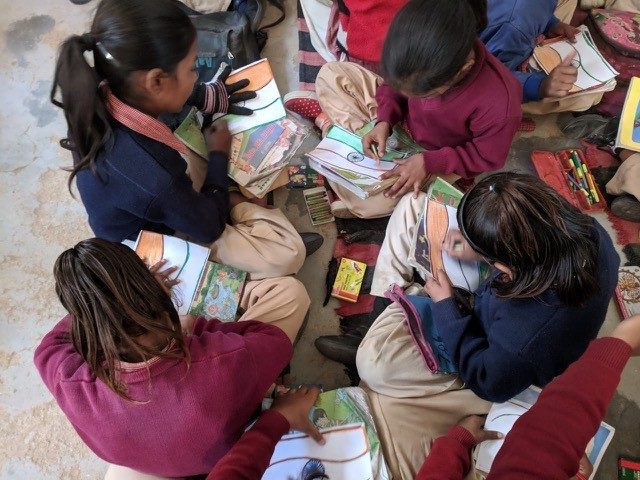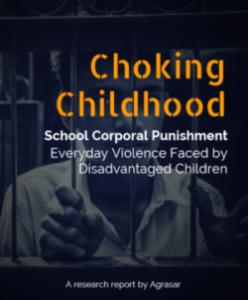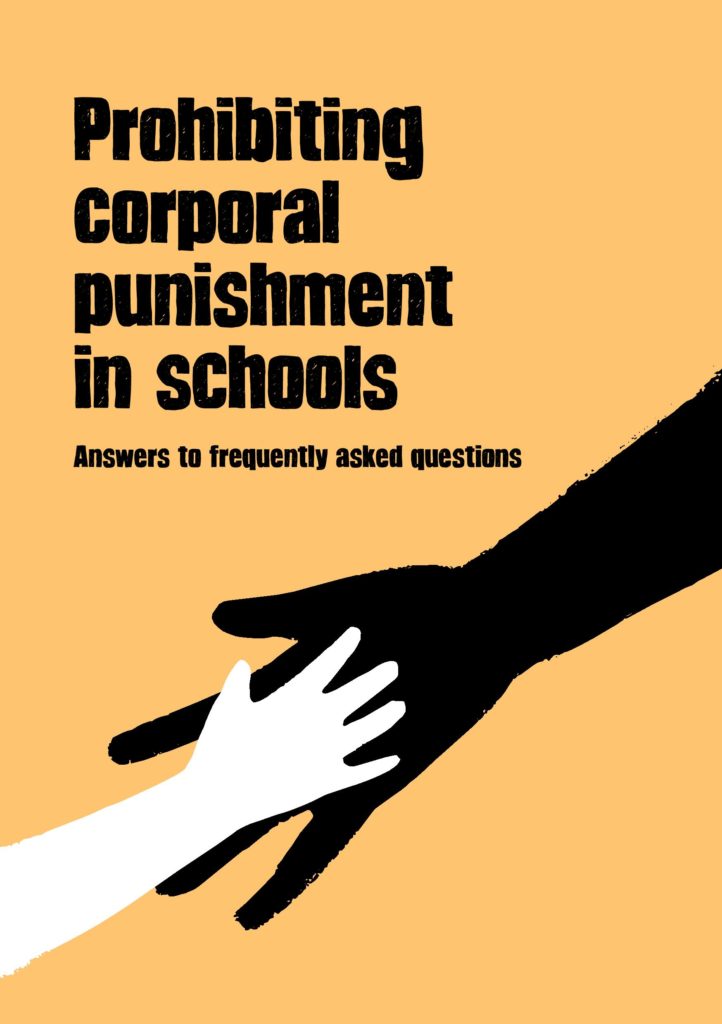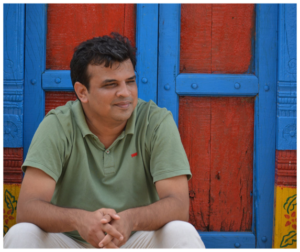Guest feature: Corporal punishment of India’s school children
Why this matters
Corporal punishment in schools violates children's right to education, health and development, and to freedom from violence, and has been shown to negatively effect educational outcomes and contribute to school drop-out. Governments are obliged under international law to prohibit corporal punishment for all children in all schools and ensure that school discipline methods respect children’s human dignity and conform with the UN Convention on the Rights of the Child.
Corporal punishment has been banned from most of India’s classrooms since over a decade through a number of legal and regulatory policies.[1] However, its use by teachers in classrooms across the country remains rampant. According to government data, between 65% to 99% of school children experience physical and mental abuse at the hand of their teachers[2]. Children are slapped in the face, scolded, told they are “slow learners” or “good for nothing”, caned on their backs and beaten with sticks, called names, or asked to stand with their hands raised outside the classroom for several hours.
The situation of disadvantaged children studying in government schools is even more dire. Almost all of them are subjected to cruel forms of violence by their teachers, who for example bang children’s heads against a wall or punch them in the face until they bleed. In addition, teachers verbally abuse marginalised students in the most despising way for their parents’ poverty and socio-economic background.[3]
Social norms around discipline and child rearing as well as misperceptions about the effectiveness of corporal punishment are the reasons why the legal ban of school corporal punishment is not enforced. Teachers, parents and society at large believe that it is beneficial for children, that it helps them to study, improve their behaviour and learn to “respect their elders”, and that discipline can only be taught effectively through punitive measures. There is little awareness that corporal punishment feeds not only into India’s “learning crisis”[4] but also into the epidemic levels of violence against children and women in India; it is not considered one of the “biggest problems.”
Agrasar, a social impact organisation near New Delhi, is working towards changing this perception. We are working with all stakeholders, in particular teachers, parents, and children, to raise awareness and enable them to use positive discipline techniques for teaching and disciplining children. For more information, please visit our website www.agrasar.org, follow us on Facebook, or connect with me via prerit@agrasar.org.

Photo credit: Agrasar
[1] Editor’s note – Corporal punishment in schools is prohibited for 6-14 year olds except in Jammu and Kashmir; it is not prohibited in religious schools in most states/territories. More info at https://endcorporalpunishment.org/reports-on-every-state-and-territory/india/
[2] According to a nationwide study by the Ministry for Women and Child Development in 2007 , 65% of children experience physical discipline (not counting mental harassment), while a study by the National Commission for Protection of Child Rights in 2009/10 found that 99% of school children are subjected to physical and mental abuse by teachers. Since then there has been no nationwide study on corporal punishment.
[3] For more details see Agrasar’s research report “Choking Childhood” published in November 2018
[4] While India has made significant progress to increase literacy rates and enrollment of children in schools, the quality of school education remains inadequate, especially in government-run schools where students lag several years behind their age-appropriate learning levels. For further information see World Bank’s World Development Report 2018 - Learning to Realize Education’s Promise page 3-18, and Annual Status of Education Report (Rural) 2018 page 19 ff., 315 ff.
Guest writer
Prerit Rana, CEO Agrasar, India
Prerit is an engineer turned social entrepreneur. After his career in manufacturing he joined the non-profit sector as a volunteer and completed his post graduation in Rural Management from the Institute of Rural Management Anand (IRMA) in 2009 and was selected for the Acumen Fellowship in 2014. In the initial days of Agrasar, Prerit has also worked as a consultant for the Government of India and various corporates and NGOs. In addition to leading Agrasar he currently is also a faculty member at the Indian School of Development Management (ISDM) Noida.
Contact: prerit@agrasar.org
Related resources



